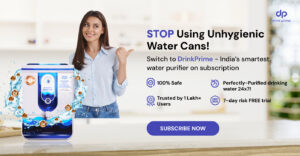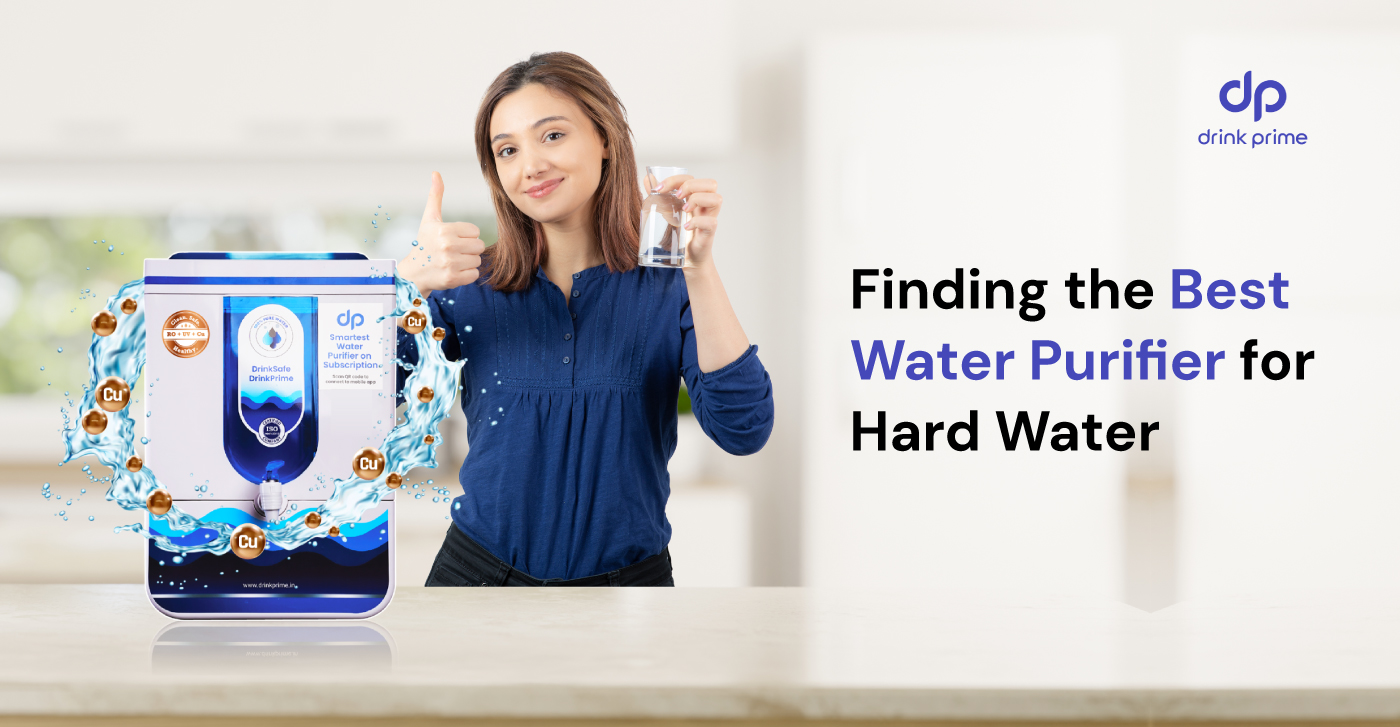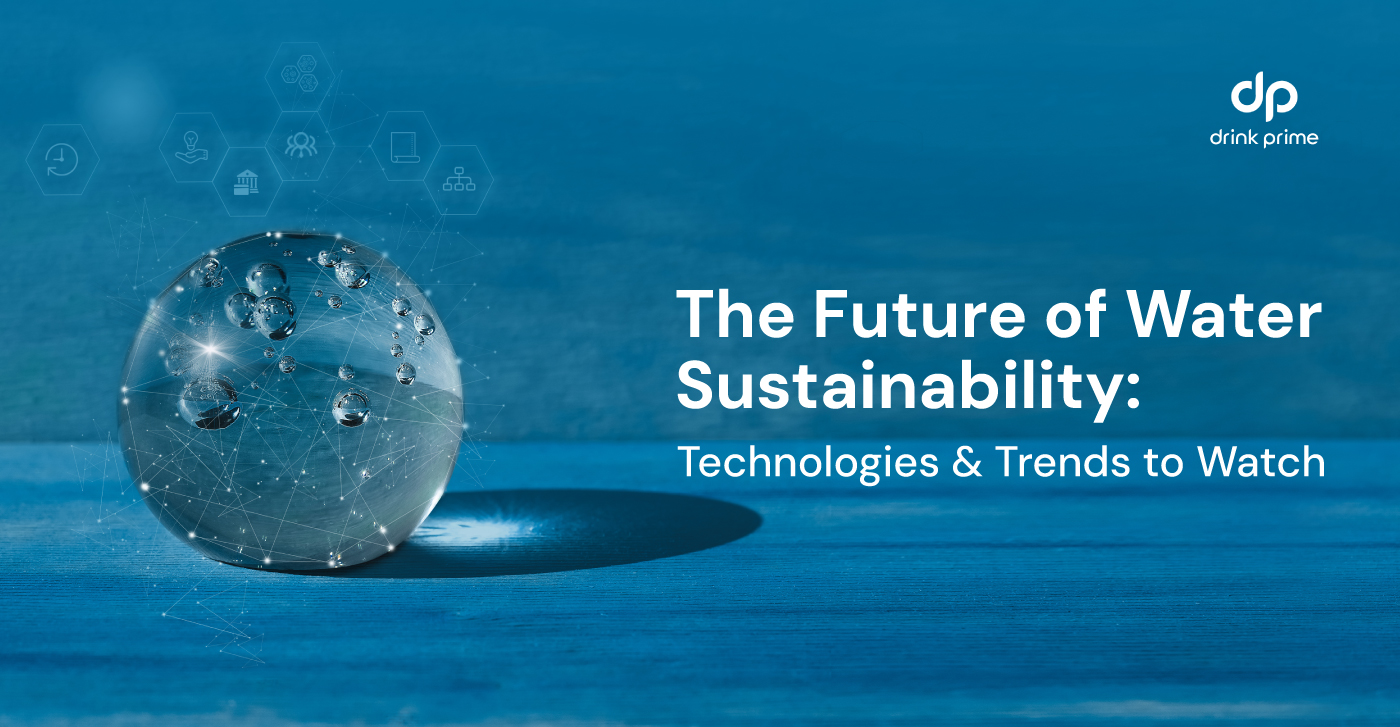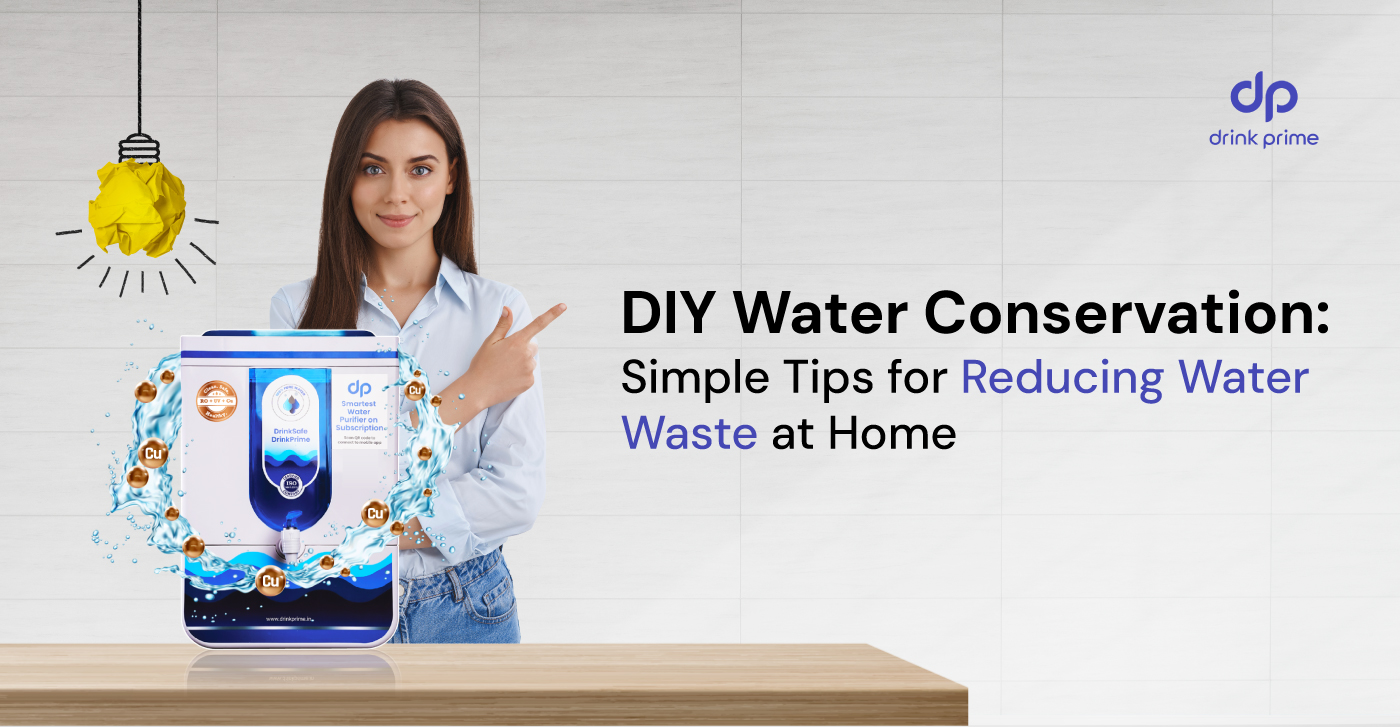As we celebrate Earth Day, it’s very important to reflect on the significance of our planet and the interconnectedness of all living beings. However, amidst our modern lifestyle, the rampant use of plastics, especially single-use bottles, has increased. From protein bars to packaged foods and beverages, plastic has become synonymous with convenience.
Yet, the alarming truth is that relying on single-use plastics not only harms our health but also inflicts severe harm on the environment. In this blog, we delve into the harmful health effects of using single-use bottles, shed light on their environmental impact, and provide practical tips to minimise our reliance on them.
In this blog, we delve deeper into the impact of single-use bottles on health and the environment and how we can safeguard our well-being and the planet we call home.
Why are single-use bottles & water cans a problem?
Single-use bottles and water cans might seem convenient, but they’re causing serious trouble for our planet. These bottles are usually made of plastic, which sticks around for ages, clogging up our oceans and harming wildlife. And it’s not just about the bottle itself—making all that plastic takes a ton of resources and energy, which isn’t great for the environment.
Plus, when we toss these bottles away instead of recycling them, they end up cluttering our landfills and polluting our waterways. It’s time to rethink our reliance on single-use plastics for the sake of our planet’s health!
What are the environmental impacts of single-use bottles & water cans?
Single-use bottles and water cans might seem harmless but their environmental impact is super bad. Here’s why:
- Made of plastic: Single-use bottles and water cans are typically made of plastic, a material that takes hundreds of years to decompose.
- Causes pollution: Improper disposal of these items leads to pollution of oceans, rivers, and landfills, harming wildlife and ecosystems.
- Harms the environment: Manufacturing single-use bottles consumes vast amounts of resources and energy, contributing to environmental degradation.
- Contributes to climate change: Plastic production emits greenhouse gases, exacerbating climate change.
- Clutters the environment: The usage of single-use bottles and water cans contributes to the littering and cluttering of our environment, posing long-term environmental challenges.
How does using single-use bottles & water cans harm your health?
Let’s look at some of the health risks associated with using single-use bottles and water cans:
- Reproductive problems and cancers: Chemicals like BPA and phthalates found in single-use bottles and water cans can leach into the water, potentially leading to hormonal disruptions, reproductive issues, and an increased risk of cancers.
- Stomach disorders: Plastic particles from these containers can contaminate the water, causing gastrointestinal problems and potentially transmitting diseases.
- Waterborne illnesses: Improperly cleaned or reused single-use bottles may harbor harmful bacteria, increasing the risk of waterborne illnesses such as gastrointestinal infections.
- Respiratory issues: The environmental impact of single-use bottles, including pollution and climate change, indirectly affects human health by exacerbating respiratory issues, allergies, and diseases linked to air and water pollution.
Tips to reduce the use of single-use bottles & water cans
Using single-use bottles and water cans has become ingrained in our daily routines, yet the convenience they offer hides significant environmental and health risks. This is why it is to reduce our dependence on these disposable items to safeguard our planet and promote sustainability. Here’s a detailed guide on practical steps we can take to minimise our consumption of single-use bottles and water cans:
Bring home a water purifier: Instead of relying solely on bottled water for safe drinking water, invest in a water purifier for your home. Why? Water purifiers offer a sustainable alternative by filtering out impurities and contaminants from tap water, ensuring clean, safe, and healthy drinking water without the need for single-use bottles. By using a water purifier, you can reduce your dependence on bottled water, minimise plastic waste, and promote sustainable water consumption practices.
Invest in reusable alternatives: Transitioning to reusable water bottles represents a fundamental shift toward sustainability. Opt for durable options crafted from materials like stainless steel, glass, or BPA-free plastics. These reusable containers can accompany you wherever you go, eliminating the need for single-use alternatives.
Opt for purified water: Skip buying bottled water and refill your reusable bottle with purified water at home using a water purifier. When you’re out and about, carry this bottle to stay hydrated while cutting down on plastic waste.
Go for minimal packaging: Be mindful when shopping and choose products with less packaging or eco-friendly materials. Buying in bulk whenever possible helps cut down on packaging waste.
Bring your own container: Take proactive steps to minimise single-use containers when dining out or ordering takeout. Bring your own containers for leftovers or to-go items, reducing reliance on disposable packaging and contributing to waste reduction efforts.
Spread awareness: Spread awareness about the harmful impacts of single-use bottles and water cans on the environment and human health. One way to do this is to engage in conversations with friends, family, and colleagues to educate them about sustainable alternatives and inspire collective action to reduce plastic waste.
Advocate for change: Champion policies and initiatives aimed at reducing the mass production of single-use plastics. Support legislative measures such as plastic bans or restrictions implemented by businesses and governments to promote sustainable practices. Another way is to participate in community-driven initiatives like clean-up efforts and environmental restoration projects to combat plastic pollution at the grassroots level.
Conclusion
By using these different strategies and tips, we can all collectively work towards minimising our dependence on single-use bottles and water cans, paving the way for a more sustainable future for generations to come.
Upgrade your hydration routine with DrinkPrime RO water purifier—the best water purifier and alternative to plastic water bottles that champions environmental sustainability and your health. Say goodbye to single-use plastics and embrace a cleaner, safer, and healthier hydration solution for you and the planet.
With state-of-the-art filtration technology and IoT monitoring, you will always have access to safe drinking water 24/7, all while reducing plastic waste and promoting a greener lifestyle.
So, make the switch today for a brighter, healthier future!





